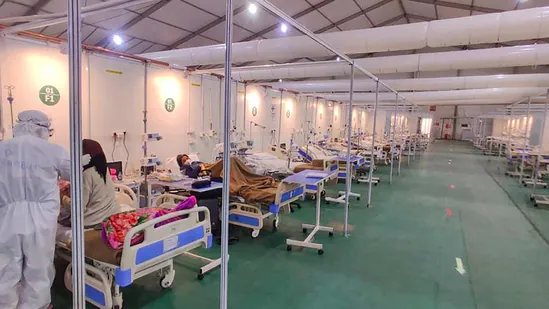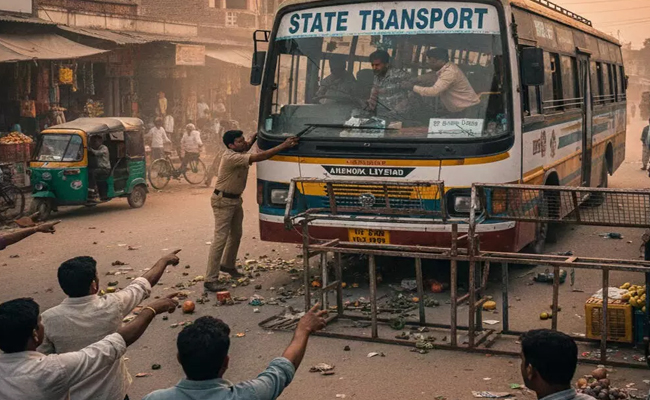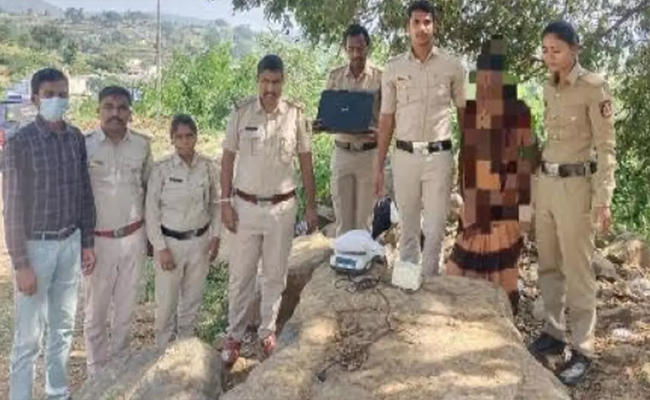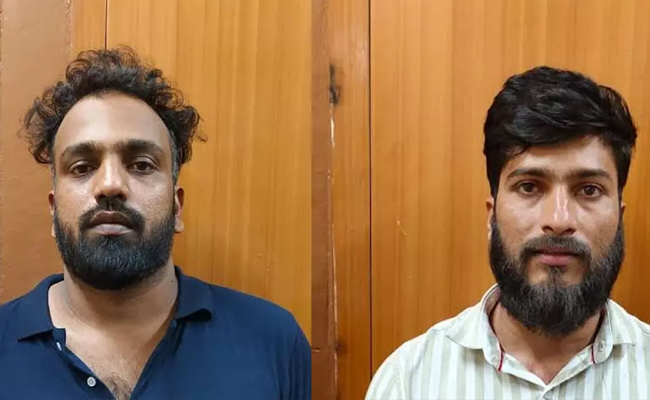Bengaluru, Jul 30: Karnataka on Saturday reported 1,886 fresh COVID-19 cases and one death taking the total infections and deaths to 40,05,671 and 40,102 respectively, the State Health Department said.
The department in its daily COVID bulletin said 1,242 people were discharged, taking the total number of recoveries to 39,55,018 till date. Active cases stood at 10,509.
Bengaluru urban district alone contributed 1,342 fresh infections. Other districts too reported fresh COVID-19 cases including 60 in Bengaluru Rural, 58 in Mysuru, 40 each in Dharwad and Hassan, 34 in Belagavi, 32 in Kodagu and 30 in Kalaburagi.
The lone death with the novel coronavirus was reported in Ballari.
The positivity rate for the day was 5.82 per cent, the department said.
As many as 32,379 tests were conducted, those included 23,348 RT-PCR tests. The total tests done is 6.78 crore till date.
A total of 92,376 people were inoculated, taking the total vaccination to 11.60 crore so far, the department said.
To view today's health bulletin: CLICK HERE
Let the Truth be known. If you read VB and like VB, please be a VB Supporter and Help us deliver the Truth to one and all.
Bengaluru: Vidyaranyapura police have arrested four persons, including a man posing as a Police Sub-Inspector (PSI), for allegedly breaking into a house, threatening the occupants, and extorting money while wearing police uniforms.
The arrested accused have been identified as Mallikarjuna, Pramod, Vinay, and Hrithik.
Police said the accused had hatched a plan to pose as police personnel, conduct fake raids, and extort money from residents by intimidation.
ALSO READ: Bantwal police arrest two men for illegal sale of narcotics, seize two vehicles, 810 gm ganja
According to the police, Mallikarjuna had failed the PSI examination twice and later falsely projected himself as a PSI. He allegedly conducted photo shoots in his hometown, Siraguppa, wearing a police uniform, baton, cap, and shoes, claiming to be serving as a PSI in Bengaluru.
On December 7, the four accused allegedly went to the house of Naveen in the Vidyaranyapura limits, threatened him with a stick and an iron rod, and claimed they had information that he was selling ganja. Under the pretext of searching, they allegedly extorted ₹87,000 through bank transfer, ₹53,000 in cash kept in the house, and ₹2,000 from his wallet.
Following Naveen’s complaint, Vidyaranyapura police registered a case and launched an operation, leading to the arrest of all four accused. Police have seized ₹45,000 in cash and the car used to commit the crime.
Further investigation is underway.





